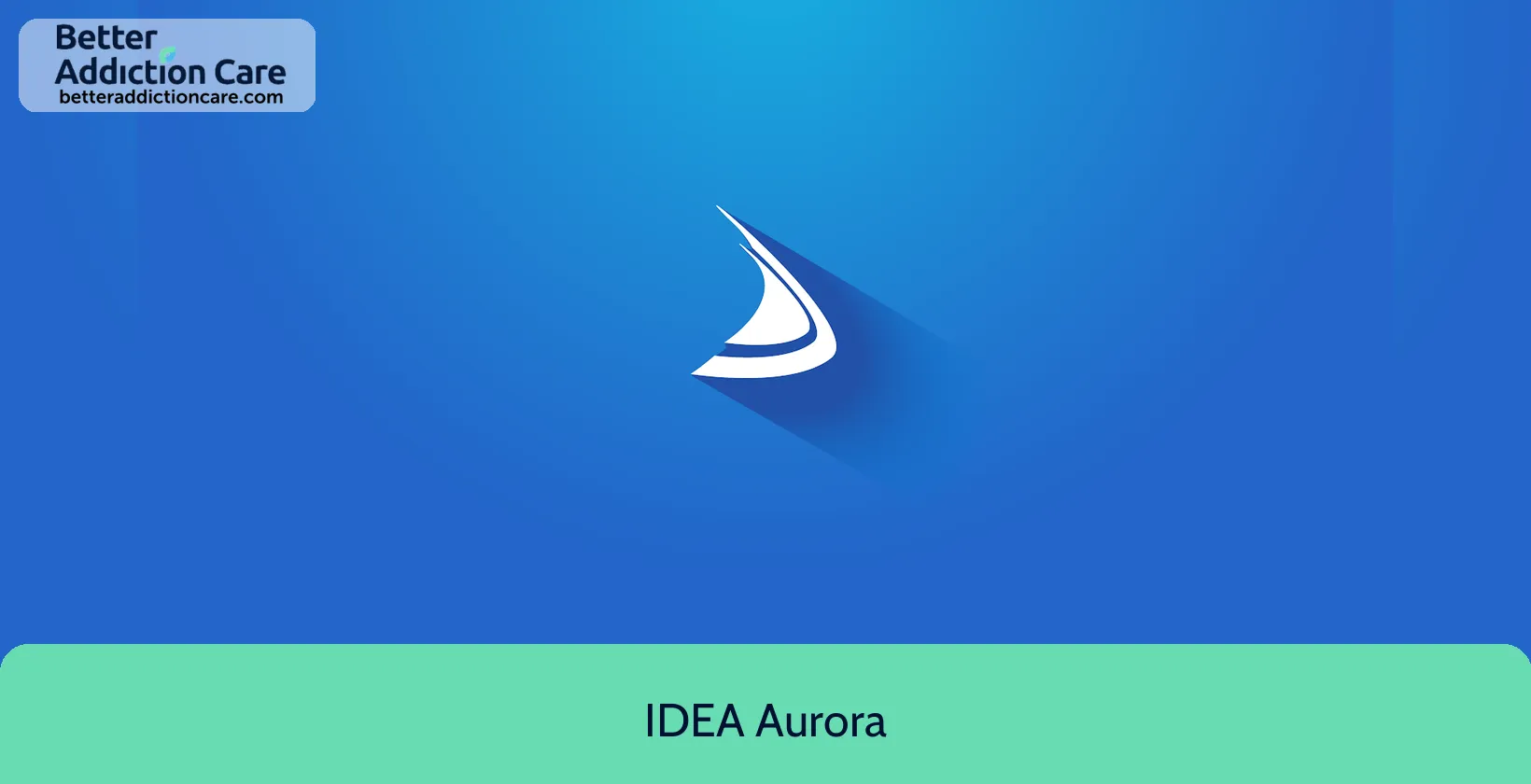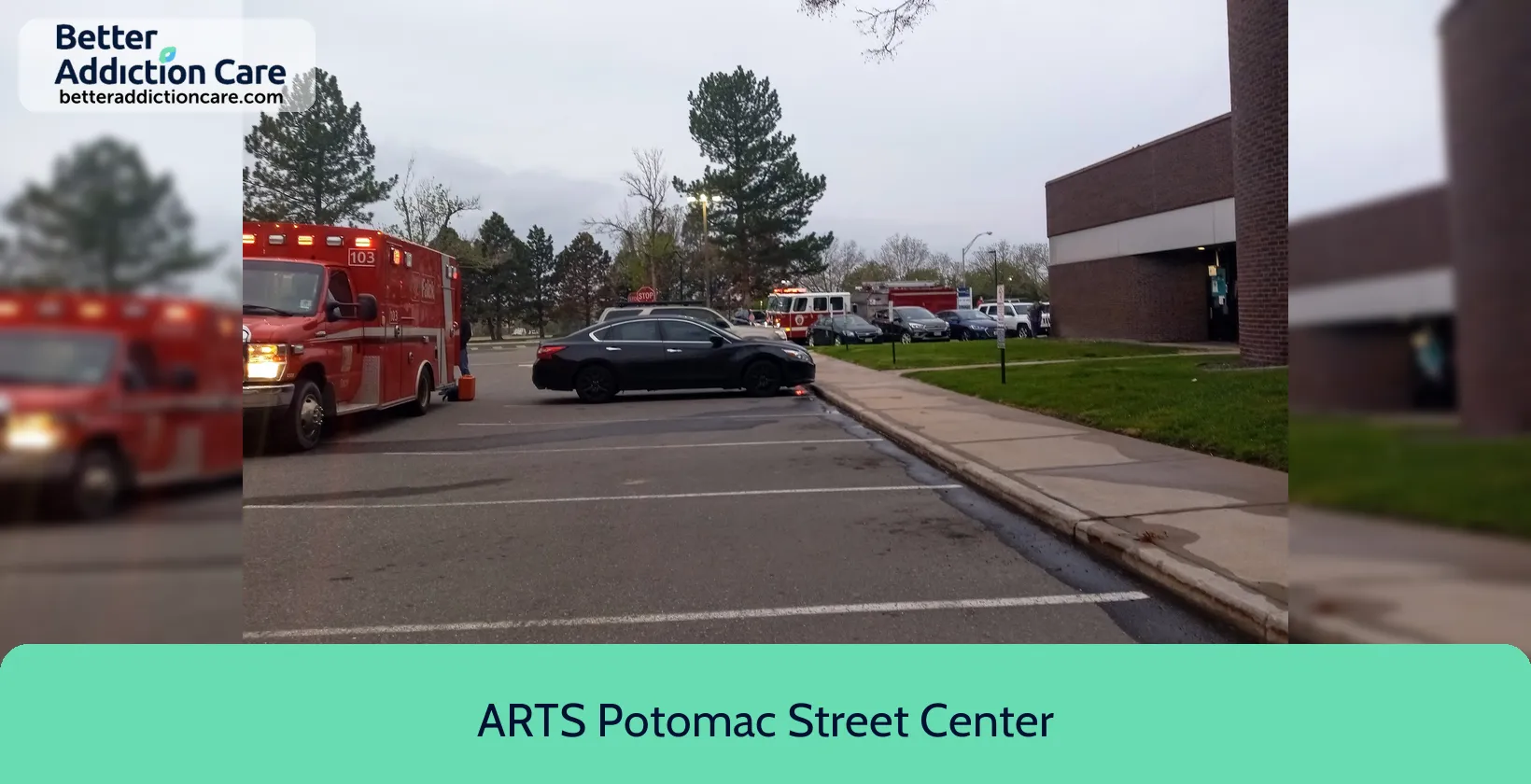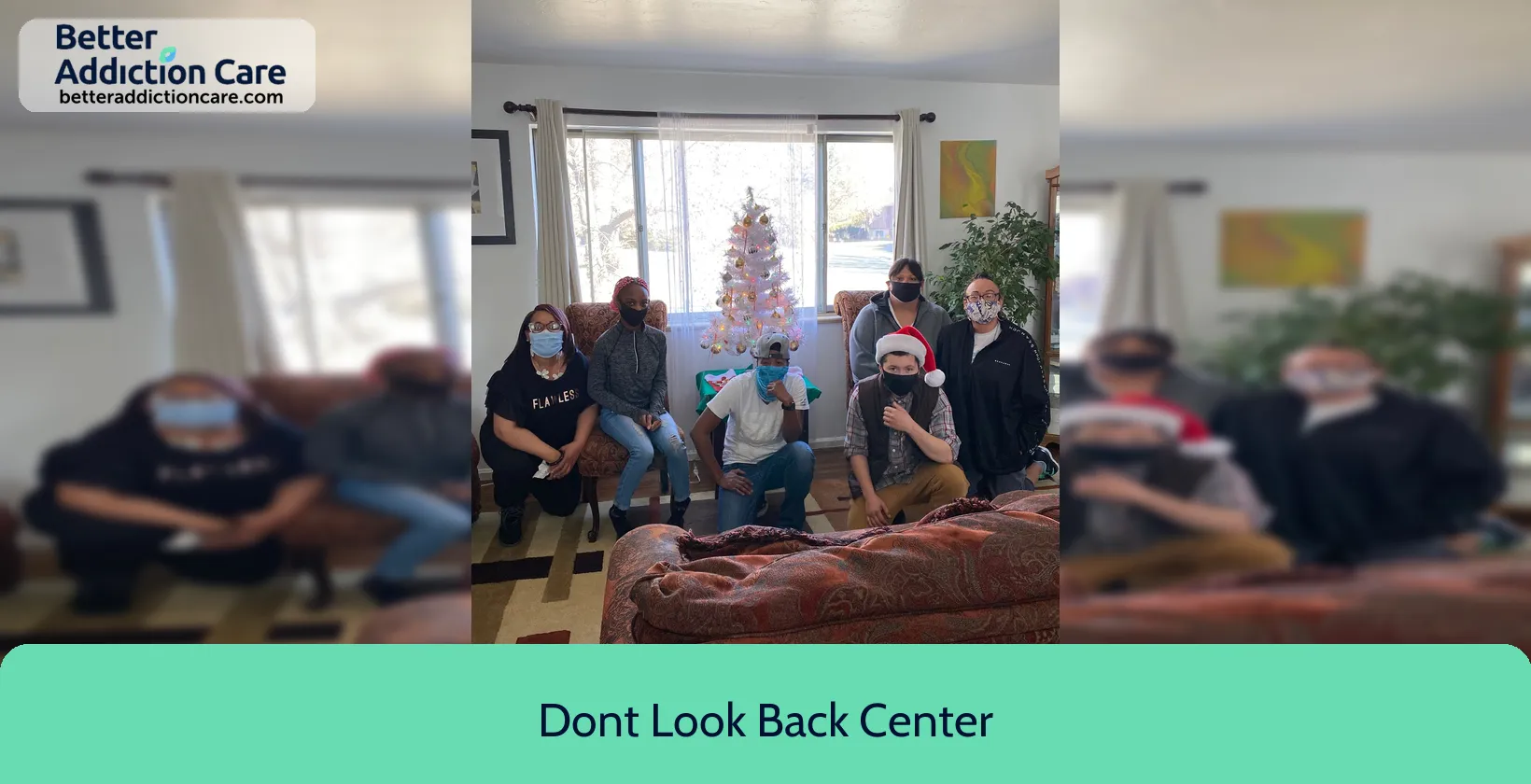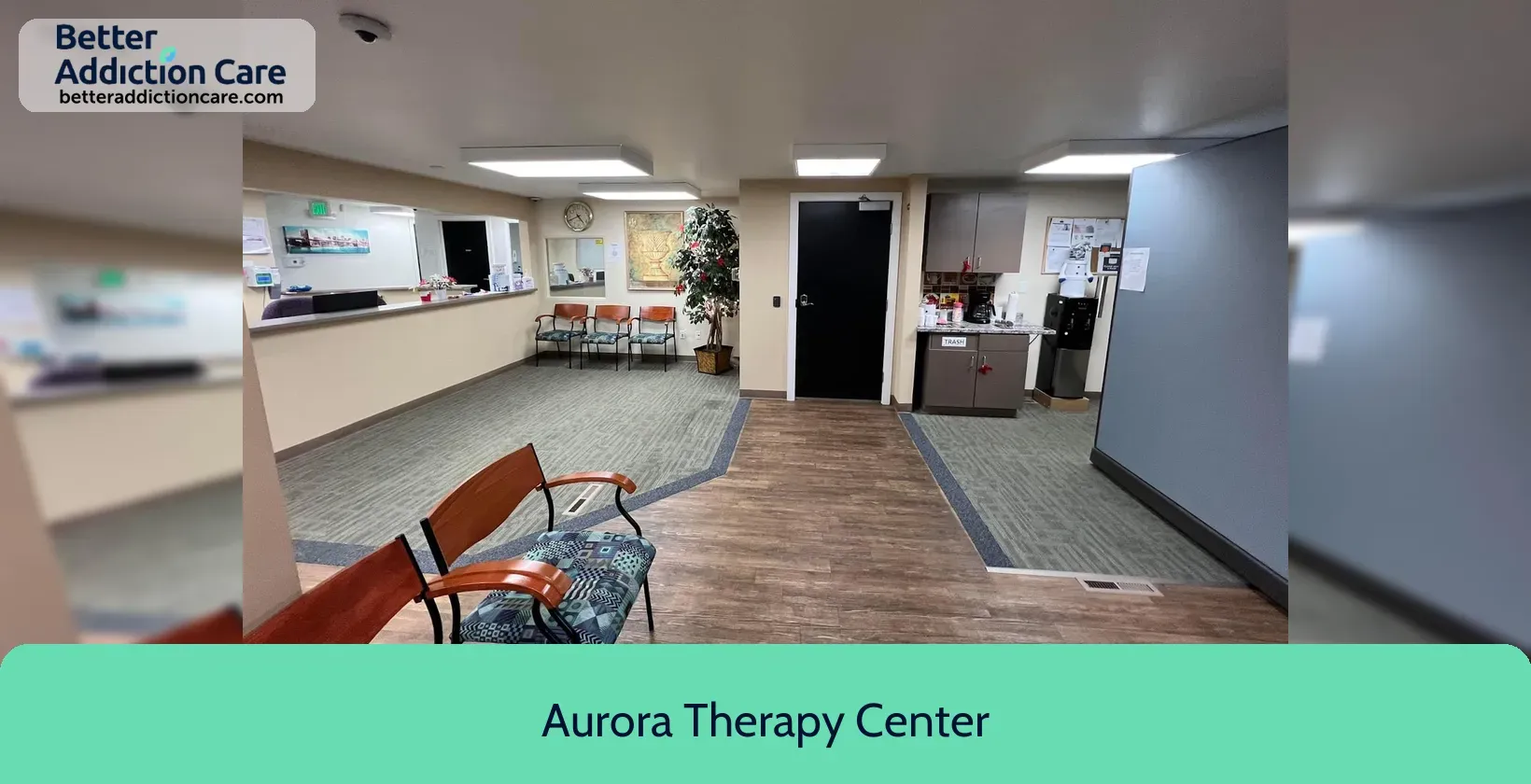
Overview
Aurora Mental Health Center - Crisis Services is a mental health treatment center for people seeking treatment near Adams County. As part of their treatment modalities for recovery, Aurora Mental Health Center - Crisis Services provides couples/family therapy, group counseling, and cognitive behavioral therapy during treatment. Aurora Mental Health Center - Crisis Services is located in Aurora, Colorado, accepting cash or self-payment for treatment.
Aurora Mental Health Center - Crisis Services at a Glance
Payment Options
- Cash or self-payment
- Medicaid
- Medicare
- State-financed health insurance plan other than Medicaid
- Private health insurance
Assessments
- Screening for tobacco use
- Comprehensive mental health assessment
- Comprehensive substance use assessment
Age Groups
- Children/adolescents
- Young adults
- Adults
- Seniors
Ancillary Services
- Intensive case management
- Case management service
- Court-ordered outpatient treatment
- Diet and exercise counseling
- Family psychoeducation
Highlights About Aurora Mental Health Center - Crisis Services
6.68/10
With an overall rating of 6.68/10, this facility has following balanced range of services. Alcohol Rehabilitation: 8.00/10, Drug Rehab and Detox: 6.00/10, Insurance and Payments: 6.00/10, Treatment Options: 6.73/10.-
Alcohol Rehabilitation 8.00
-
Treatment Options 6.73
-
Drug Rehab and Detox 6.00
-
Insurance and Payments 6.00
Treatment At Aurora Mental Health Center - Crisis Services
Treatment Conditions
- Mental health treatment
- Substance use treatment
- Co-occurring Disorders
Care Levels
- Hospital inpatient treatment
- Outpatient
Treatment Modalities
- Couples/family therapy
- Group counseling
- Cognitive behavioral therapy
- Dialectical behavior therapy
- Integrated Mental and Substance Use Disorder treatment
Ancillary Services
Languages
- Sign language services for the deaf and hard of hearing
- Spanish
Special Programs
- Persons 18 and older with serious mental illness (SMI)
Get Help Now
Common Questions About Aurora Mental Health Center - Crisis Services
Contact Information
Other Facilities in Aurora

6.65

6.68

7.42

6.86

6.99

7.51

6.96

6.53
DISCLAIMER: The facility name, logo and brand are the property and registered trademarks of Aurora Therapy Center, and are being used for identification and informational purposes only. Use of these names, logos and brands shall not imply endorsement. BetterAddictionCare.com is not affiliated with or sponsored by Aurora Therapy Center.
